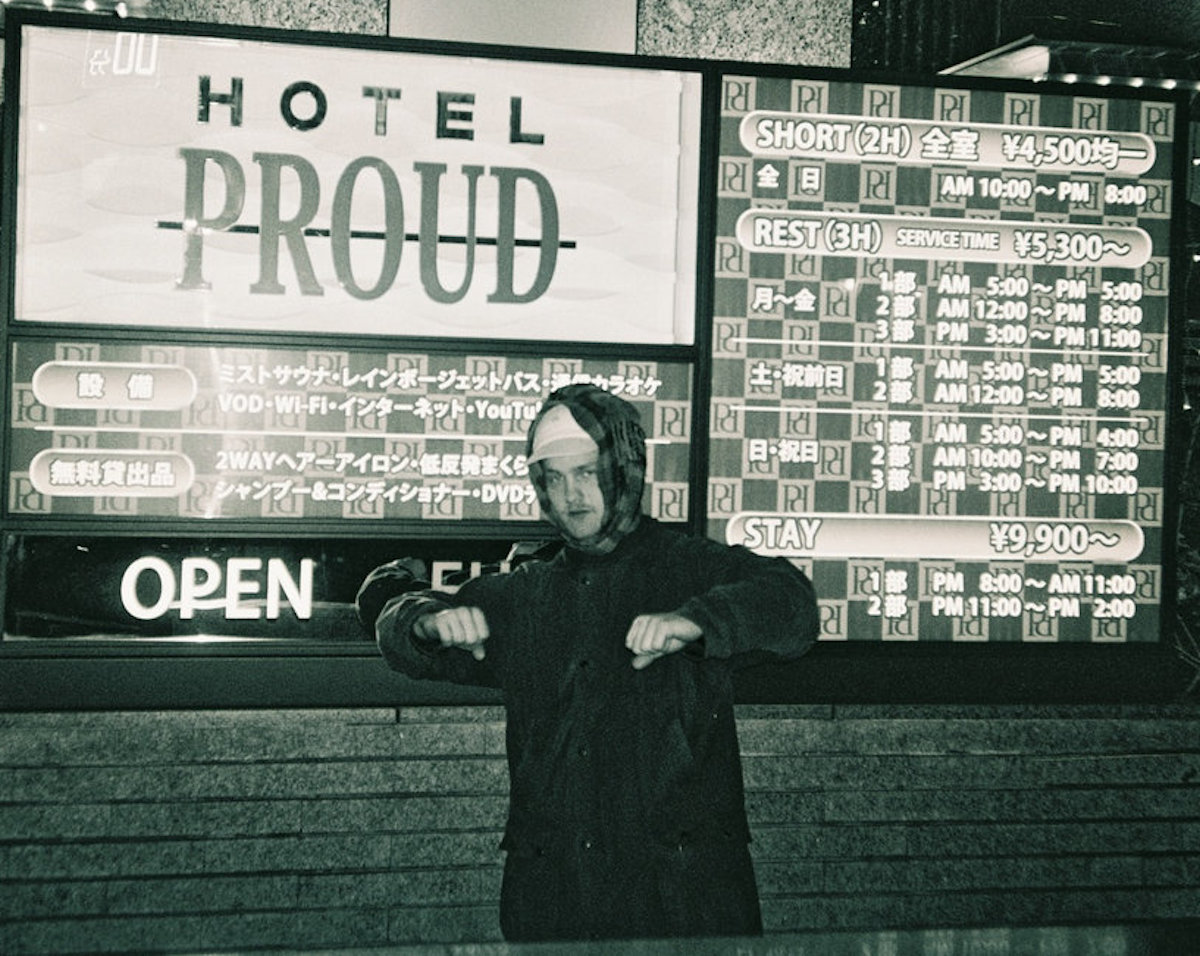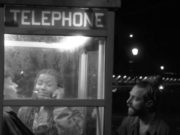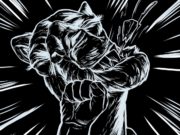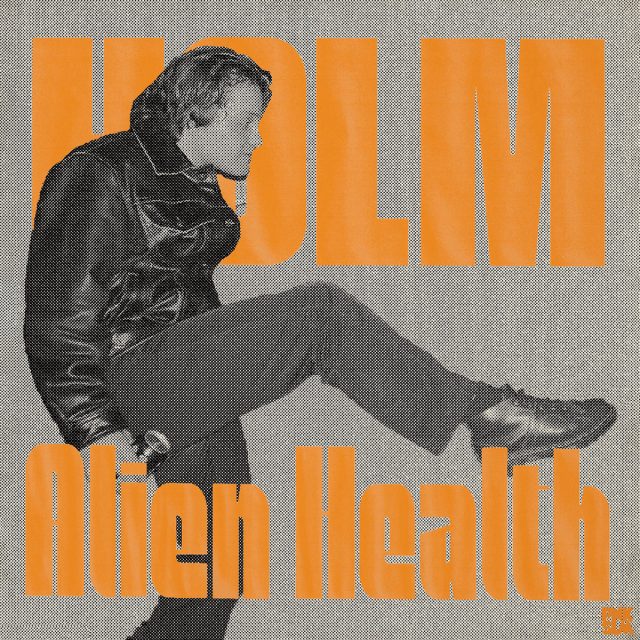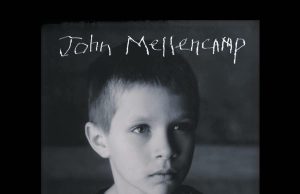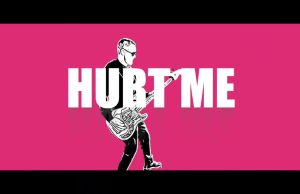THE EDITED PRESS RELEASE: “When Danish songwriter and Yung frontman Mikkel Holm Silkjær sat down in fall 2020 to write Alien Health — his bright and hook-laden sophomore album as Holm — it was in the midst of a peculiar affliction. “I couldn’t really listen to music,” he explains, describing a lonely and despairing period endured while living in Copenhagen, feeling cut off from the world, and dwelling on perceived mistakes from his past. “The past few years were incredibly rough for everyone,” says Silkjær. “But as an artist, I found it breathtakingly hard.”
It was only upon turning to literature that Silkjær found the inspiration he needed to process these troubled thoughts and feelings. Holm’s 2022 debut album Why Don’t You Dance — a “mood board” of music written across a five-year span — had also found its fuel in a book: Raymond Carver’s short story collection What We Talk About When We Talk About Love. But for this more focused and vulnerable followup, written in a comparatively quick six months, it was the writer Ágota Kristóf who gave Silkjær an unlikely creative spark.
“She was a Hungarian refugee who ended up in Switzerland, and wrote her first novels in French,” says Silkjær. Kristóf had fled during the Hungarian Revolution of 1956 — an anti-communist uprising that was brutally repressed by the Soviet military, leaving thousands dead and nearly a quarter-million displaced from their home country. In exile across the border she would suffer further while working in a factory — later commenting that “two years in a USSR prison would have probably been better than five years in a factory in Switzerland.”
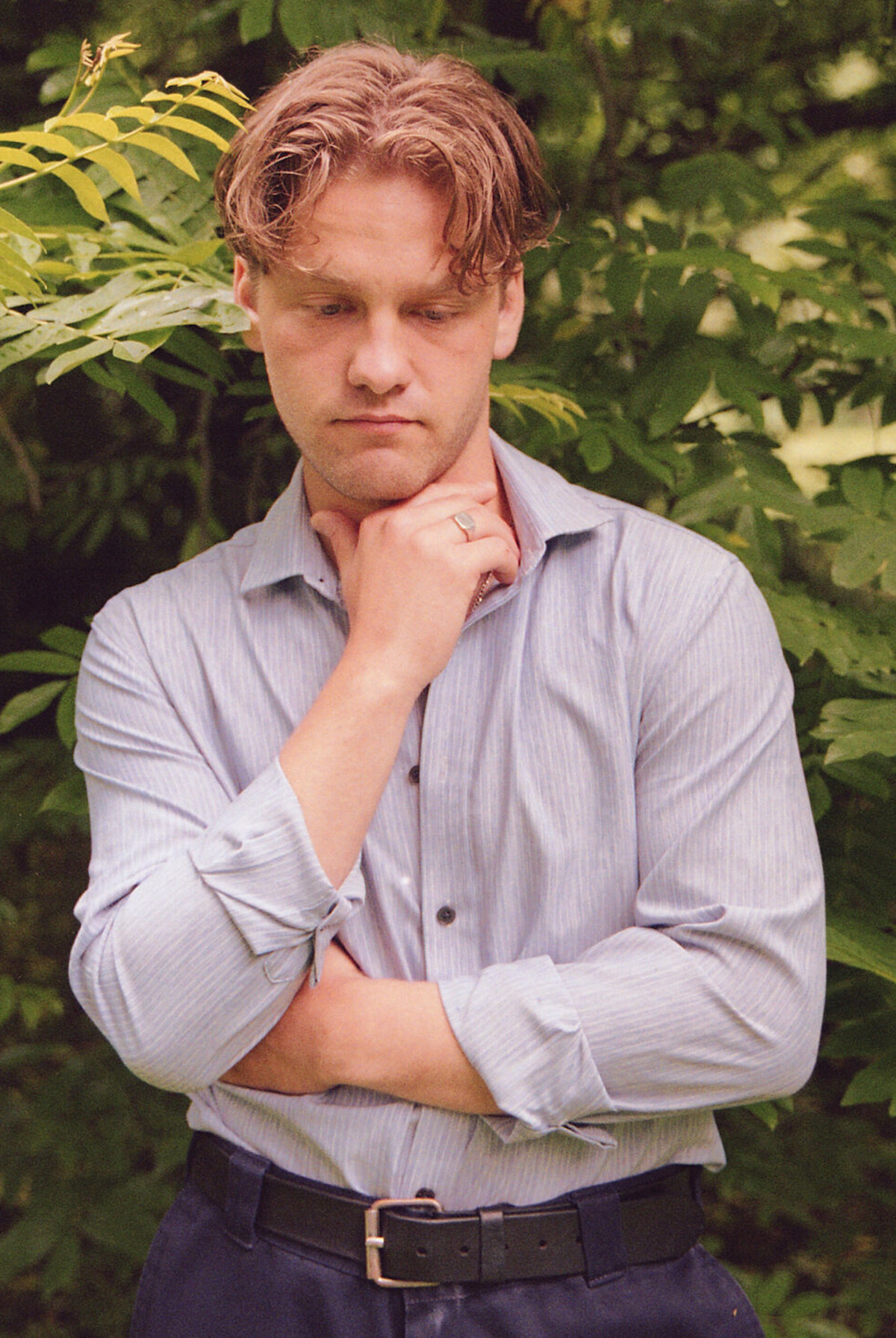
The experiences were foreign to Silkjær, but Kristóf’s 1986 debut The Notebook resonated. “She writes about feeling alienated, and not being comfortable in your own skin,” says Silkjær. “And though she describes things that are incredibly tough for a human being, her language has no pathos, no emotion. It inspired me to think about how you can explore subjects that are hard to talk about differently.”
Silkjær returned to live with his mother in the industrial harbour area of Aarhus — the same apartment where he’d written some of the earliest material for Yung at age 16. Here, the sight of tireless factories from the living room window provided a sense of comfort: No matter what time of day it was, the lights were always on and the smoke would continue to come out of the chimneys. At other times, Silkjær retreated to an allotment garden in Viby, where blue skies and blooming vegetation offered a “fairy-tale” counterpart to the brutal sights of Aarhus. Across these two polarised locations, Silkjær mined the lingering memories and interactions of his past as he sought to understand his state of mind in the present.
A series of honest, reflective, and emotionally charged songs began to materialise. The bittersweet Lose the Shoes would find Silkjær dwelling on the outcome of a past relationship, and wondering if things could have been different. Street Light embodies the feeling of confusion — of not knowing where home really is. Coherent Strategy speaks directly to a sense of crushing loss. And Sleepless In Your Arms reflects on Silkjær’s relationship with the arts — ruing a fantasy he once lived his life by, while also yearning for the comfort that it provided him with. He likens the latter to laying awake in the arms of a lover you know isn’t right for you.
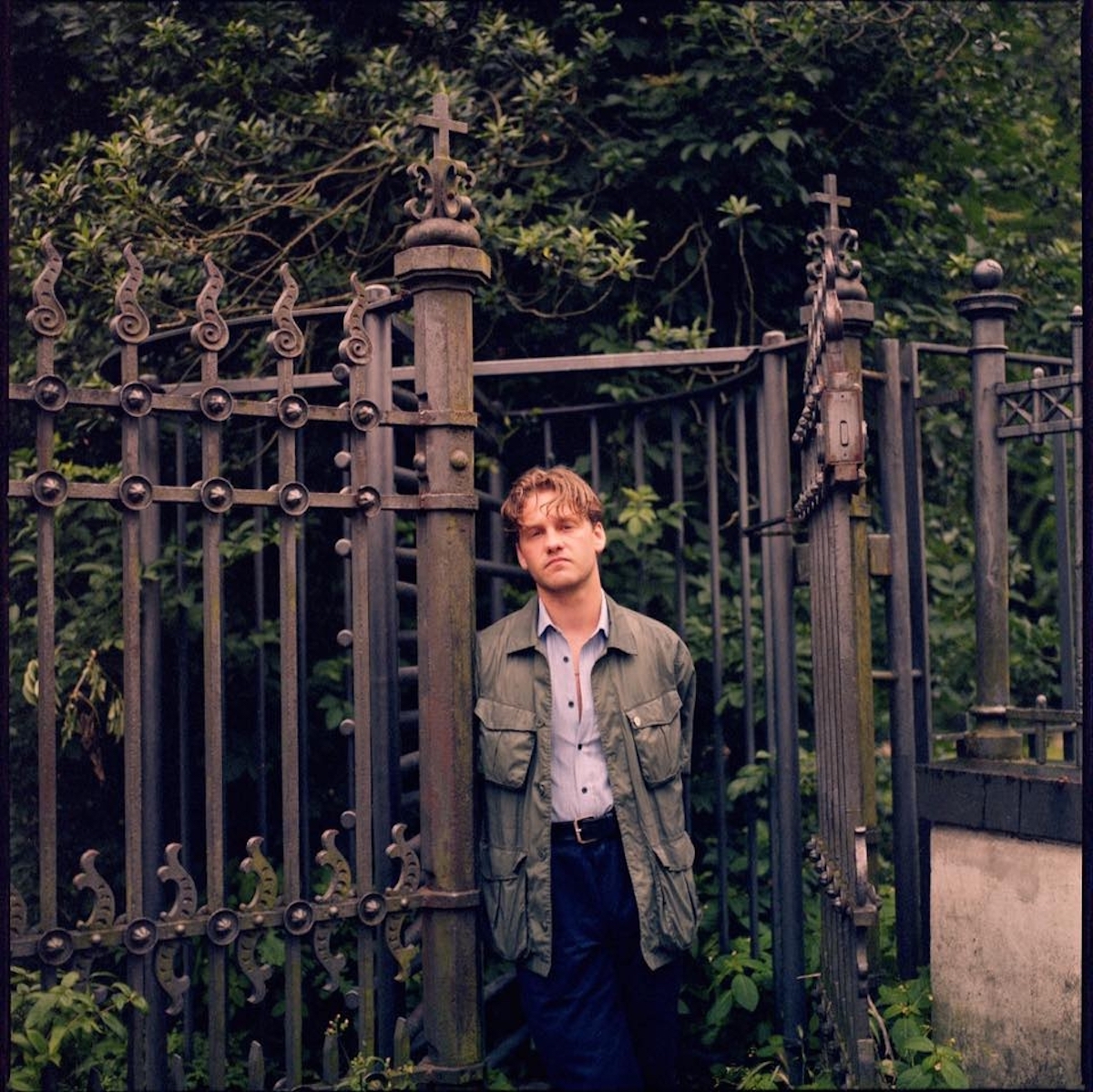
The opening track (originally a Clash-inspired number recorded for Yung), meanwhile, contemplates Silkjær’s role in an incident involving a friend who was given “really bad advice” while struggling with addiction — and questions whether he, too, faltered. The title Alien Health, of course, would be a fitting summation of all the rumination and self-doubt. “It’s the idea of looking at your own reflection and your perception of yourself for so long that it falls apart,” Silkjær explains. “At some point, you become kind of alien to yourself.”
When Silkjær entered Sauna Studio in December 2021 — with producer and long-time collaborator Neil R. Young, drummer Kristian Vissing and guitarist Anders Ahle (both of Trader), and bassist Ben Stidworthy (Cola; Ought) — a metamorphosis took place as the songs reached their final forms. Abandoning his trusty guitar pedals and Fender amp, Silkjær turned to the “thicker” sounds of a Marshall stack for extra girth — and permitted no overdubs. “What you hear is the four of us playing in a room together,” he says of these powerful, angular, succinct garage-rock numbers. “It’s genuine. It’s honest.” Despite only three days of practice, the band completed all but one track in five days.
Silkjær has returned to Copenhagen in the months since these songs were written and recorded. He describes a sense of catharsis — and a renewed vigour for live performance following a string of live shows across Europe in 2022. But Alien Health isn’t the end of a chapter — it might only be the beginning; the songwriter admits that he’s still just getting back on his feet today. “I still very much feel like I’m there in these songs,” he concludes. “I’m still in this process.”
